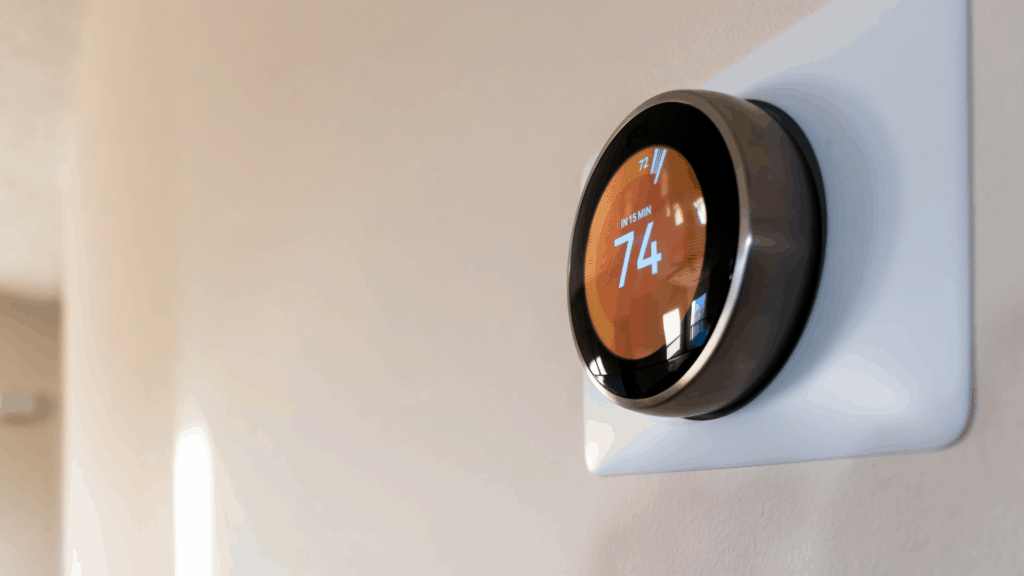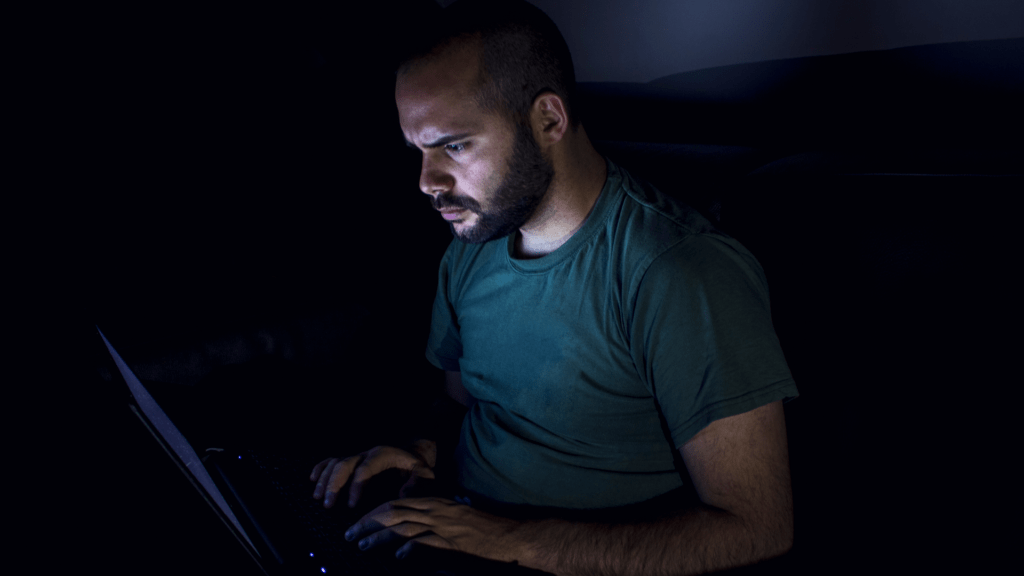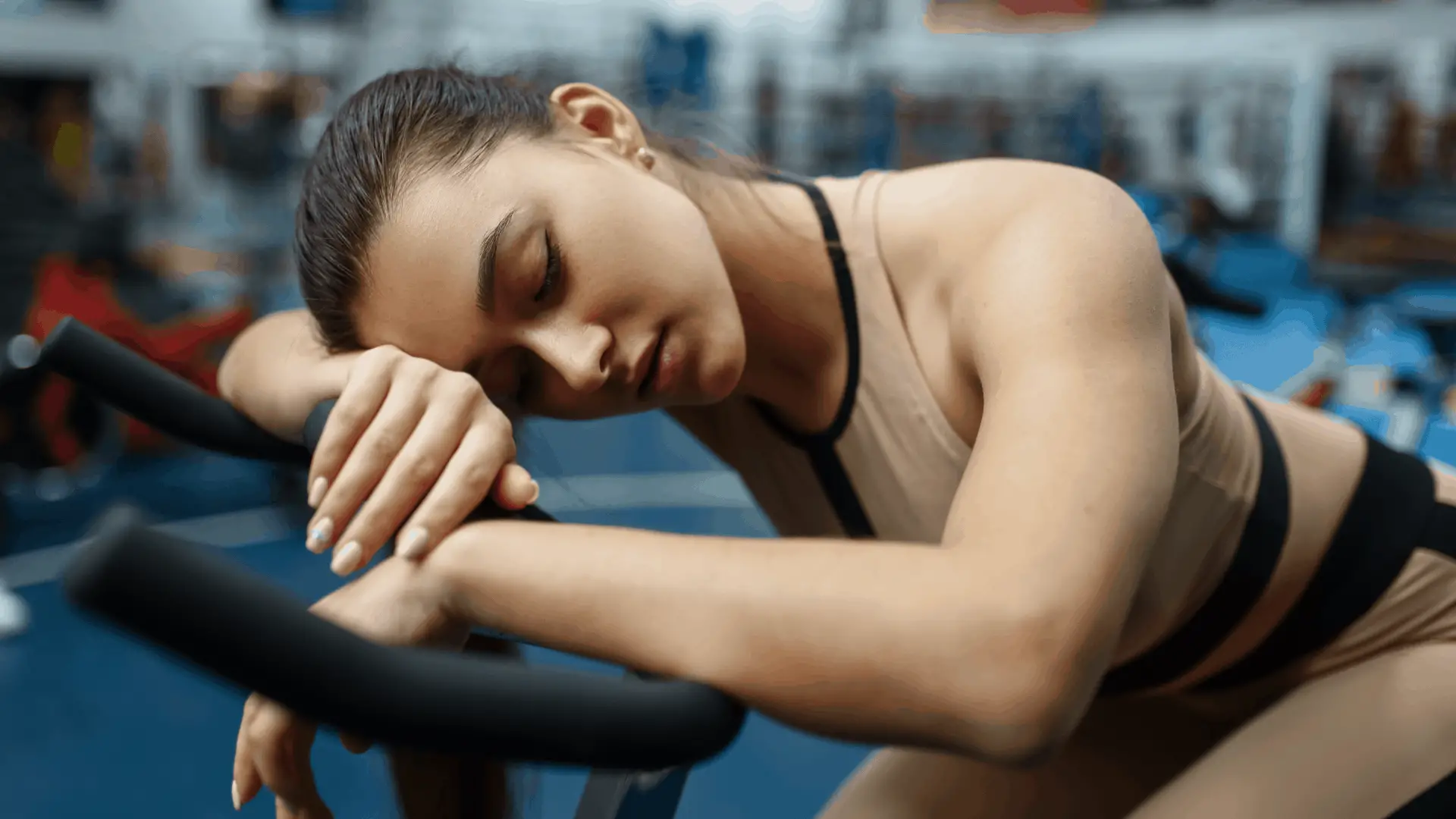This article is evidence-based, verified by Dr Ahmed Zayed
Are you the type of person who spends their nights lost in thought and staring at the clock?
Sleep is one of the most important facets of living a healthy life. However, lots of folks, particularly athletes, young adults, and of course, students are known to have some of the worst sleep schedules out of most groups. It can be hard going from a busy and rough day to putting in the effort needed to maintain a healthy and consistent sleep schedule.
There are a countless number of studies talking about the importance of sleep. Athletics and researchers are working together to prove how important sleep it and ignoring these studies almost guarantees lower performance in training and competition.
Sleep hygiene is a personal behavior, it is an important factor in the treatment of insomnia, and those in general needing restful sleep. It focuses primarily on creating an environment around you that promotes good, restful sleep, and a happy brain. With so many questions like; how much deep sleep do athletes need? Or even what foods should I avoid before sleeping, it can be confusing on how to make sense of the current research.
One of these questions is how do sleep hygiene and insomnia stunt athletes or really anyone’s performance in a match or just in life? The answer is relatively clear. First of all, we know the two topics are linked. It is evident that by a certain change in personal behavior and environmental factors, there’s an improvement in the condition of insomnia (which is clinically categorized by having difficulty getting to sleep or staying asleep). Poor sleep hygiene is one of the contributors to insomnia (Source). You should follow the following steps to improve your sleep hygiene, which will help you sleep and work better.
Table of Contents
Set Your Room Temperature Before Sleep

According to recent studies, the most favorable temperature to sleep is 17°C (Source), so if you are living in hot climates, turn on your air conditioner! If you are living in a cold region, you have a leg up, as most climates are warmer than the favorable temperature. Being below the number can be just as detrimental, feel free to wrap as many blankets around you as you can, become a 17°C blanket teddy bear.
Bedroom Clothing
Deciding what to wear can be a little difficult. Athletes in training will want to maximize the benefits of their sleep. At 17°C, wool is better sleepwear generally compared to cotton, people who wear wool are more likely to be at 17°C, and show a decline is the sleep latency period (aka the time it takes to go from wake to deep sleep)
Sleep and Exercise
Morning exercises not only help you get to sleep faster that evening, but it also helps focus improvement on sleep quality in later parts of the night (Source). Sleep also has a major effect on how you develop during exercise. Your Growth Hormone cycle level is adversely affected by less sleep (Source), which can throw off your gains and hard work.
Diet and Sleep
We all know diet is an essential part of the training, however, it’s not commonly known that diet has a great impact on sleep. Your sleep quality is in some part determined by the food you eat. The odds of better quality sleep are higher with the food items like soybeans, whole grains and other carbohydrates like lima beans. There are also food items like papaya which can contribute to poor sleep quality (Source).
Your Stress Levels and Sleep

High-stress levels are associated with poor sleep quality, and people who maintain low-stress levels enjoy better sleep quality, even going so far as to assist in developing better learning skills. This idea is relatively simple. How to achieve it is a bit harder. Activities like yoga, deep breathing, and working on getting in touch with your body and emotions through meditation are some of the better tips for reducing stress.
If you want to enjoy better sleep, try to bring down those stress levels.
I’ve been meditating with the Muse Headband as part of my anti-stress routine, it can be a bit pricey but it’s great for tracking and is a form of neurofeedback to enhance your meditation practice. The headband has also been shown to work like a cheaper and portable EEG device (Source).
Think of regular mindfulness meditation but 10X that feeling. If you’d like to dive deeper into mindfulness and neurofeedback, check out the video lecture below 👇🧠🧘
Day-time Napping and Nocturnal Sleep
Most everyone likes a good nap, however, studies show that could be hurting your most useful periods of sleep. Day time napping has been shown to correlate with reduced sleep quality later that night. Naps particularly reduce sleep efficiency, and of course duration. They are the two most essential factors in a restful night’s sleep. So if you want to enjoy quality nighttime sleep, try to avoid daytime naps the same day (Source).
Tea and Coffee
Staples of the modern individuals’, tea and coffee might be throwing off your sleep sadly! Tea and coffee contain caffeine, which provides the excitatory stimulus to nerve cells for long periods That’s why you should avoid caffeine at least 6 hours before your bedtime.
Make Your Schedule
In your busy days, making time for exercise may be a virtue you possess, however, you need to make room in the schedule for sleep; Setting up a consistent and generous period for falling asleep, sleeping, and waking up can make a huge difference in improving the quality and efficiency of your sleep.
Presence of Blue or Artificial Light While Sleeping

You may have heard one of the numerous studies published about the potentially damaging effects of blue light (Source). If you use artificial light at night, it can cause a decreased production of melatonin, an essential hormone that, without it, leads to disruption of circadian rhythm, your internal clock automatically controlling your sleep schedule (Source). Red light has a high wavelength hits the nerves in your eyes differently.
By following the above-mentioned points, you can improve your sleep and start to see the benefits in your daily life, and your overall performance as an athlete. The difference can be dramatic!
References:
- https://www.researchgate.net/publication/230582637_Role_of_sleep_in_performance_and_recovery_of_athletes_A_review_article
- https://www.sleepfoundation.org/articles/sleep-hygiene
- https://www.ncbi.nlm.nih.gov/pmc/articles/PMC4853167/
- https://www.ncbi.nlm.nih.gov/pmc/articles/PMC6476615/
- https://www.sleep.org/articles/sleep-and-stress/
- https://www.webmd.com/balance/stress-management/stress-relief-breathing-techniques
- https://www.webmd.com/balance/stress-management/stress-relief-breathing-techniques
- http://sleepeducation.org/news/2013/08/01/sleep-and-caffeine
- https://www.ncbi.nlm.nih.gov/pubmed/24235903
- https://www.sleepfoundation.org/articles/healthy-sleep-tips
- https://journals.plos.org/plosone/article?id=10.1371/journal.pone.0096532

